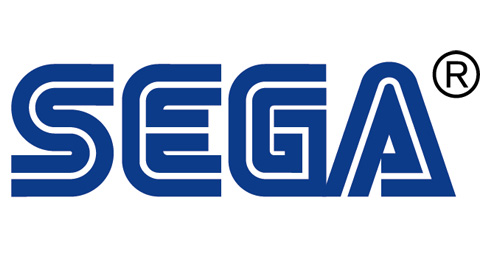The multi-award winning UK animation studio, Aardman, has joined forces with the performance company Circa Contemporary Circus to produce a new circus-theatre production called Shaun the Sheep’s Circus Show.
The world premiere season of the new show will be held in Queensland, Australia’s QPAC’s Lyric Theatre, scheduled in for March 2021. It marks a major win for the arts community that has struggled through a lengthy shutdown at the hands of the coronavirus pandemic.
Premier Annastacia Palaszczuk, said: “Thanks to the way Queenslanders have managed the coronavirus pandemic, we’re now able to return to the theatre. Today’s announcement is a great win for Queensland, not only for our arts community but also for our economy as we continue to rebuild from the pandemic.
“Shaun the Sheep is a global phenomenon. It’s great to see Circa – one of the state’s most successful performance companies -premiere this show here in Queensland. The arts industry employs thousands of people throughout the state. World class productions like this will help this sector to recover from the impact of COVID-19.”
Minister for the Arts Leeanne Enoch said Shaun the Sheep will be able to play to full houses and engage the young and the young at heart.
“Shaun the Sheep is a family favourite throughout the world and to have this production here is a fantastic win for Queensland,” Enoch said.
“The arts, cultural and creative sector plays a crucial role in our COVID-19 recovery, bringing our communities back together and supporting jobs for artists and arts workers. That’s why the Palaszczuk Government is implementing nearly $60 million worth of measures to support the sector through the impacts of COVID-19 including the $22.5 million Arts and Cultural Recovery Package.
“The Palaszczuk Government will continue to invest in arts and cultural projects to support Queensland’s social and economic recovery.”
Shaun the Sheep’s Circus Show is being supported by the Queensland Government through a unique three-way partnership, comprising investment from Screen Queensland, Arts Queensland funding via the Queensland Arts Showcase Program and QPAC as the Presenting Partner.










